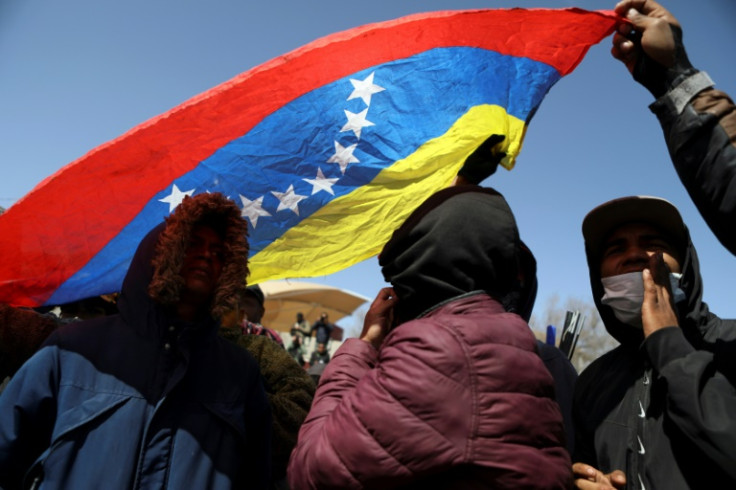
Venezuela's presidential elections, set to take place in late July, are shaping to become the largest challenge to Nicolas Maduro's rule in about a decade. The opposition is riding a wave of momentum, with polls showing candidate Edmundo González Urrutia ahead in the polls and large rallies across the country.
A new report by Americas Quarterly adds to the equation, claiming that even some government allies are starting to drift to the other side. The piece backs up its premise noting the reception that María Corina Machado, the opposition's leading political figure, has had in areas long considered to be Chavista enclaves.
Machado, who was set to be the presidential candidate before being banned by the government-friendly Supreme Court, has been campaigning on behalf of González Urrutia, formerly a little-known diplomat who was among the few allowed to sign up as a candidate.
In a recent rally in the state of Trujillo, a long-term Chavista stronghold, even some in the government-sponsored counter-rallies were allured by Machado, the report said. A similar scenario took place in another rally in the state of Portuguesa, which at one point had the highest per capita share of the Chavista vote.
Political analysts in the country called for caution and avoiding early conclusions, but the anecdotes add to a recent electoral loss for the government, which in 2021 lost the state of Barinas (Hugo Chávez's birthplace) and dozens of municipalities.
Moreover, a recent poll by ORC Consultores shows González Urrutia with over 50% of vote intention, with Maduro having about 15%. Some 18% of respondents said they are still undecided, but even if all those votes were to go to the president, he would still be lagging the opposition candidate.
However, much could happen in the next two months, with analysts citing a judicial move that could eliminate parties from the ballot and the chance of an armed conflict with Guyana over the Essequibo (an area controlled by Guyana that Venezuela claims as its own) as potential disruptors.
The electoral process is also in a somewhat unstable situation at the moment, as the government-friendly electoral council (CNE) recently withdrew the European Union's invitation to oversee the country's presidential elections claiming it would be "immoral" to allow so given its "neocolonialist and interventionist practices" with regards to the country.
Top opposition members have also conceded that any transition would involve negotiations with the Maduro government, regardless of the potential electoral victory.
© 2024 Latin Times. All rights reserved. Do not reproduce without permission.







